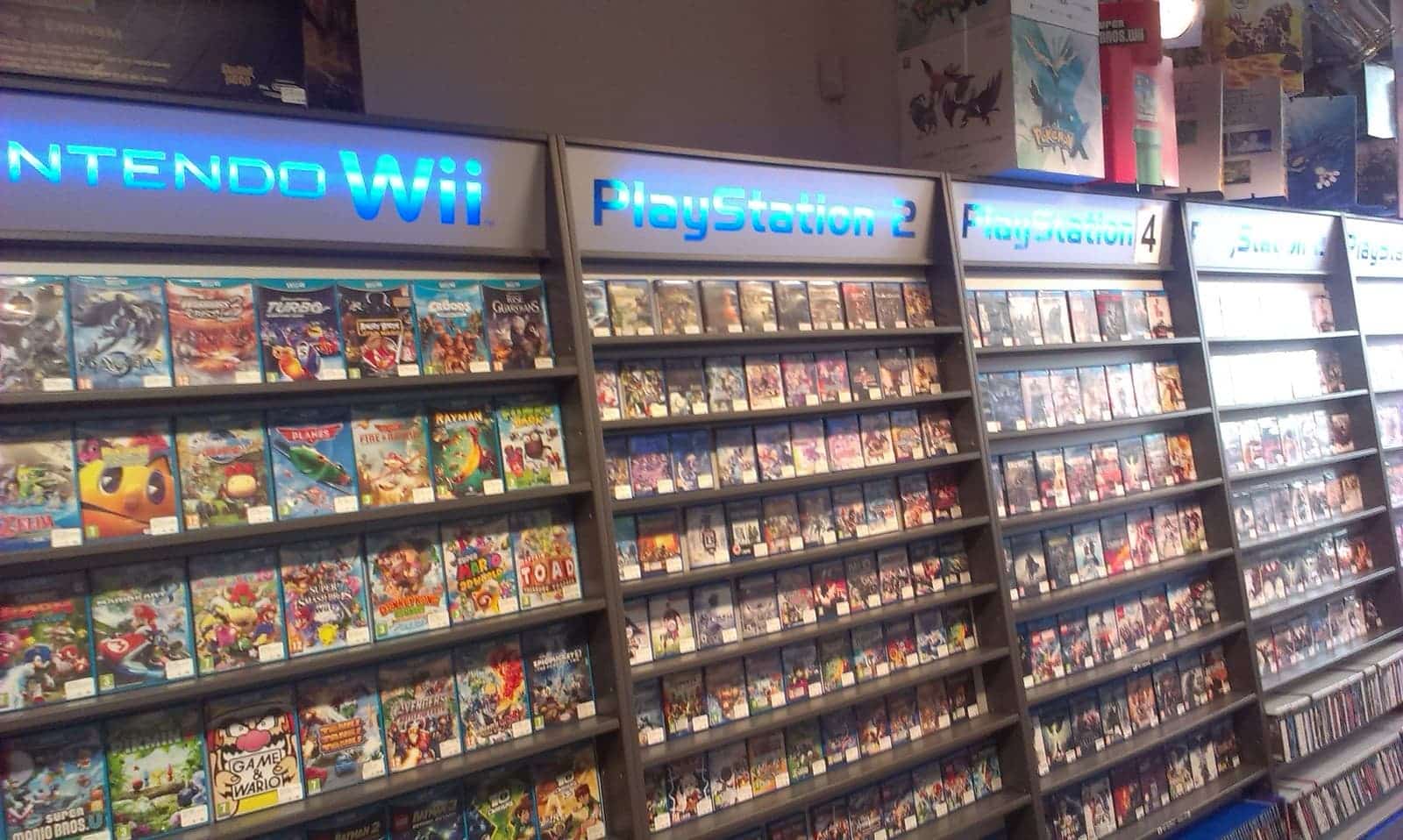French Court Rules Consumers Have the Right to Resell Games, Bringing eBook Resale One Step Closer to Being Reality

Just about every type of publisher making digital content today uses restrictive licenses to deny your rights over the content you buy, but those restrictions are being stripped away in Europe. The French news blog Numerama reported on Thursday that a French court has ruled that French consumers have the right to resell video games bought from Steam, a leading video game retailer.
The lawsuit had been filed by a French consumer rights group several years ago after the group noted that Valve, the company that owns Steam, was not complying with the now seven-year-old "UsedSoft" decision, the seminal court ruling that said consumers had the right to resell the software they bought.
There had been disagreement over whether the ruling extended to software downloaded from the web, but now it has been clearly established that this is indeed the case.
So why does this matter to ebooks?
One of the key parts of the ruling delved into the rule of exhaustion, finding that it does apply to downloaded content. This rule, also know as the exhaustion doctrine, is the legal principle that limits the restrictions IP holders can impose on products after they have sold it. This applies to content, obviously, but also products made using a patented process or products bearing a trademark.
Here in the US that legal principle (as it applies to copyright) is enshrined in case law as the first-sale doctrine in the Bobbs-Merrill Co. v. Straus decision in 1908. In that situation there was a publisher which tried to impose a license on copies of a print book. The license forbid retailers from selling the book for less than a buck, and this case came about when the retailer Macy’s ignored the license, and the publisher sued the retailer (Straus owned Macy’s at the time).
In France the exhaustion doctrine obviously has different ruling behind it, but the same basic principle applies: the exhaustion doctrine limits how trademark, patent, and copyright holders can restrict how you use your property.
Now the exhaustion doctrine has been established as applying to downloaded games, bringing us one step closer to the same rule applying to ebooks as well
I am looking forward to that day because I for one would like to gift my ebooks to libraries.


Comments
Xavier Basora September 22, 2019 um 7:32 pm
Nate
Watch the publishers suddenly make ebooks in Europe unavailable and place such obnoxious DRM in the hopes people will give up.
Frankly the legislators need to step in and codify both in their civil codes and consumer protection laws tto formally codify the jurisprudence any electronic content regardless of origin can be resold
xavier